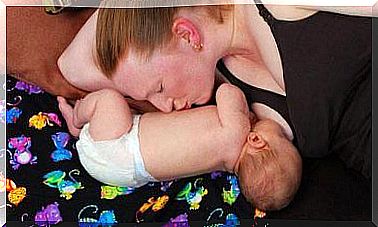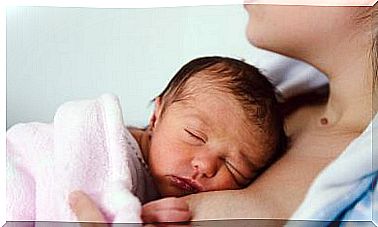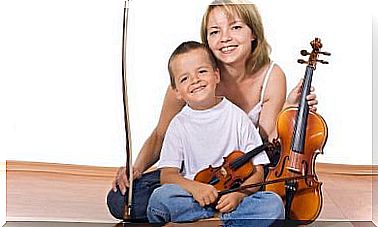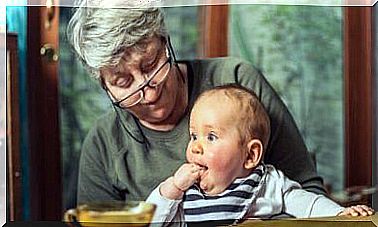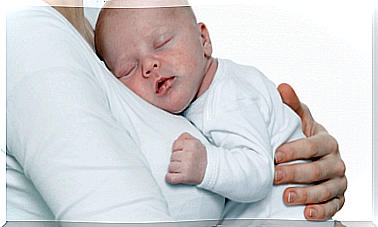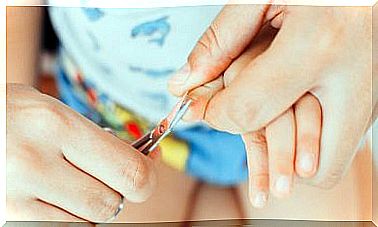Depression In Children: Causes, Prevention And Treatment
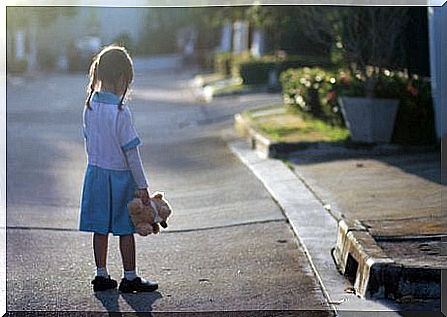
It may seem impossible that children, immersed in a world of games and adventure, could become depressed. Unfortunately, the reality is different and depression can develop in children.
Depression in children is real and medical professionals consider it a disease. Even newborn babies can fall victim to depression and become very unhappy.
The biggest problem with depression in children is that it often goes unnoticed.
Most of the time, children themselves do not understand what is wrong with them. They face emotions and feelings that they cannot express and even less overcome.
While your symptoms may seem like signs of weakness, they are signs of a dangerous emotional disorder.
- Indifference.
- Aggression.
- Sadness.
- Lack of motivation.
- Low self-esteem.
- Mood swings.
These are some of the clearest signs of depression in children.
But there may be more symptoms. Personal conflicts, psychological changes and illnesses can remain hidden for a long time.
What are the causes of depression in children?
Brain chemistry, biology, life experiences, physical health … Depression can have many causes.
But there is one factor in children that makes them particularly vulnerable: their immaturity when it comes to controlling their emotions.
Risk factors in this context are:
- Environment (social and family).
- Genetic predisposition. According to clinical studies, children are four times more likely to develop depression if their parents had the same diagnosis.
Children who grow up in unsuitable homes are also more prone to depression. The same goes for those who have insufficient education and training.
Low tolerance for frustration or demanding inappropriately high rewards can also lead to depression in children. At the same time, children exposed to abuse or neglect are more prone to depression in children.
How do you diagnose depression in children?
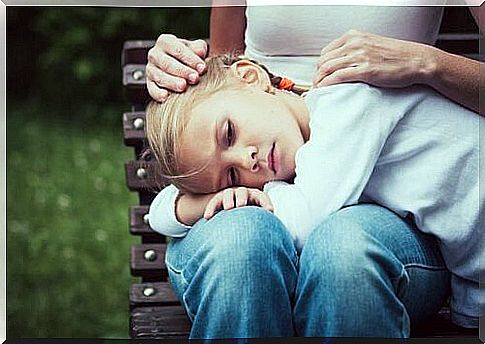
Depression in children can be proven clinically and psychologically. Dejection is one of the signs, but not the most important.
Depression has one or more of the following symptoms for more than two consecutive weeks (without the influence of medication or other substances):
- Feelings of guilt.
- Aggression, irritability, anger.
- Self-destructive thoughts or behaviors.
- Physical ailments without medical explanation.
- Weight changes for no apparent cause.
- Feelings of emptiness and hopelessness.
- Restlessness or impairment of psychomotor activity.
- Trouble sleeping, difficulty concentrating.
- Indifference, loneliness, negative attitude, tearfulness.
- Inability to enjoy school or leisure trips.
- Despair, lack of energy, refusal to speak, poor academic performance.
Even babies can suffer from depression
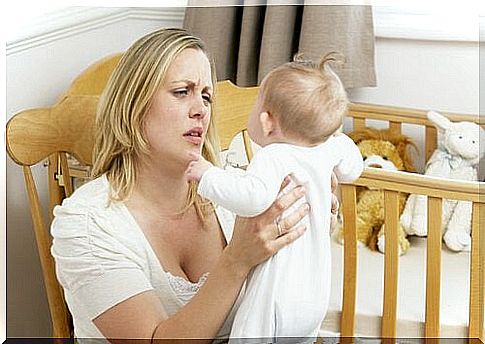
When babies are born, they cling to those who offer them protection and survival. The more satisfying and loving these connections are, the happier the babies will be.
If, on the other hand, babies encounter rejection or a lack of affection (especially from the mother), depression threatens.
How does depression show up in babies? Apathy, suppressed crying, hardly any laughter, little reaction to stimuli and attachment to strangers.
If an 8-month-old baby prefers to be in the arms of a stranger rather than his own parents, something is wrong. The same is true if the child is very calm and unwilling to explore the world around them, or worse, if the child is not moving forward.
If a baby around 17-18 months old has not yet walked, or at 2 years old still doesn’t say a word, it could be a sign of depression. This is often the result of depressed parents.
How do you diagnose and treat depression in children?
There is no specific method for detecting depression in children. Consultation hours and counseling with mental health professionals, as well as an assessment of your child’s symptoms, will help make the diagnosis.
There are dynamic and systemic therapies for determining pathological factors influencing depression in children. Based on these parameters, the specialist selects treatment methods that may also include medication.
It is important that adults are understanding and compassionate. Caring, respect, and promoting healthy social communication are fundamental in children’s lives to prevent depression in children.

